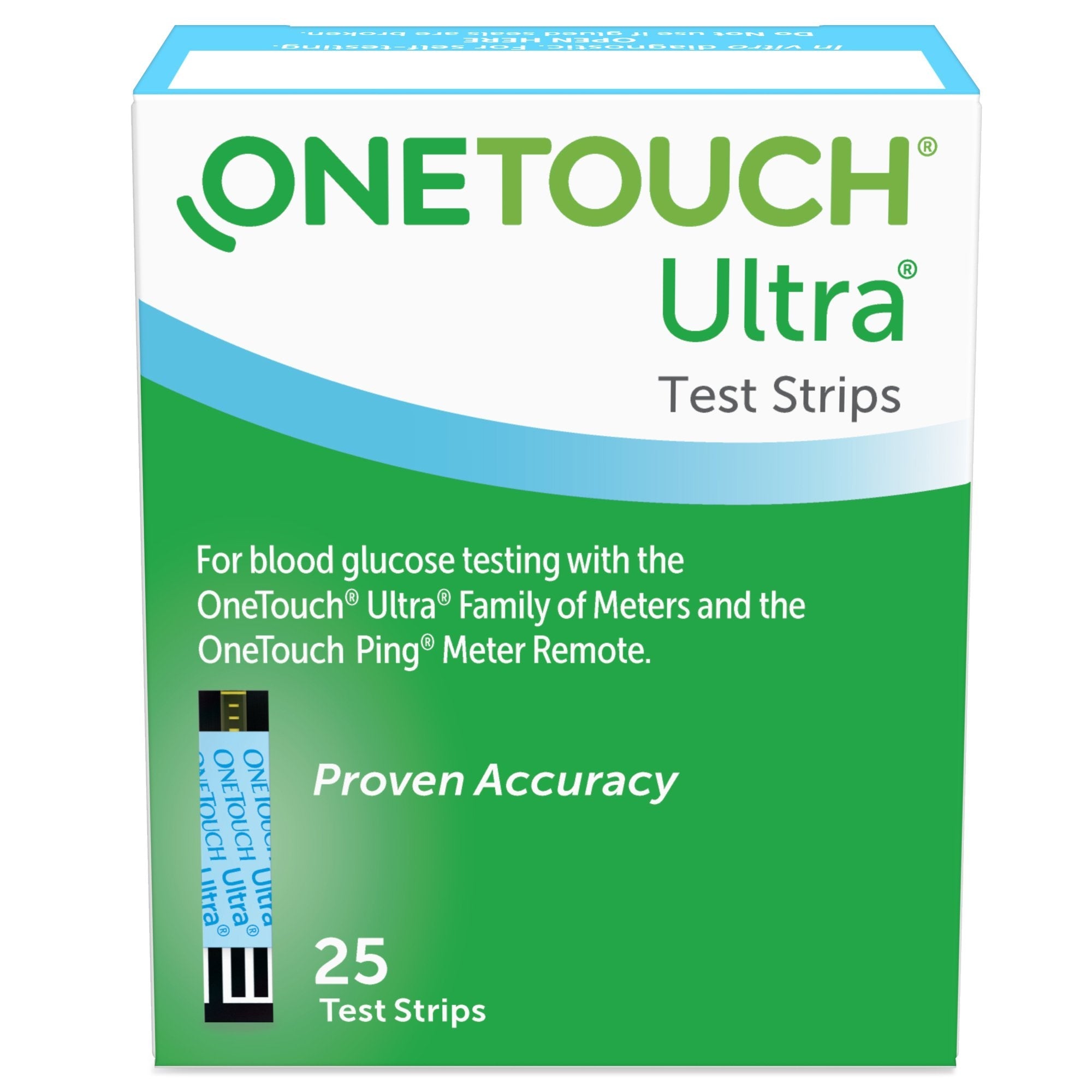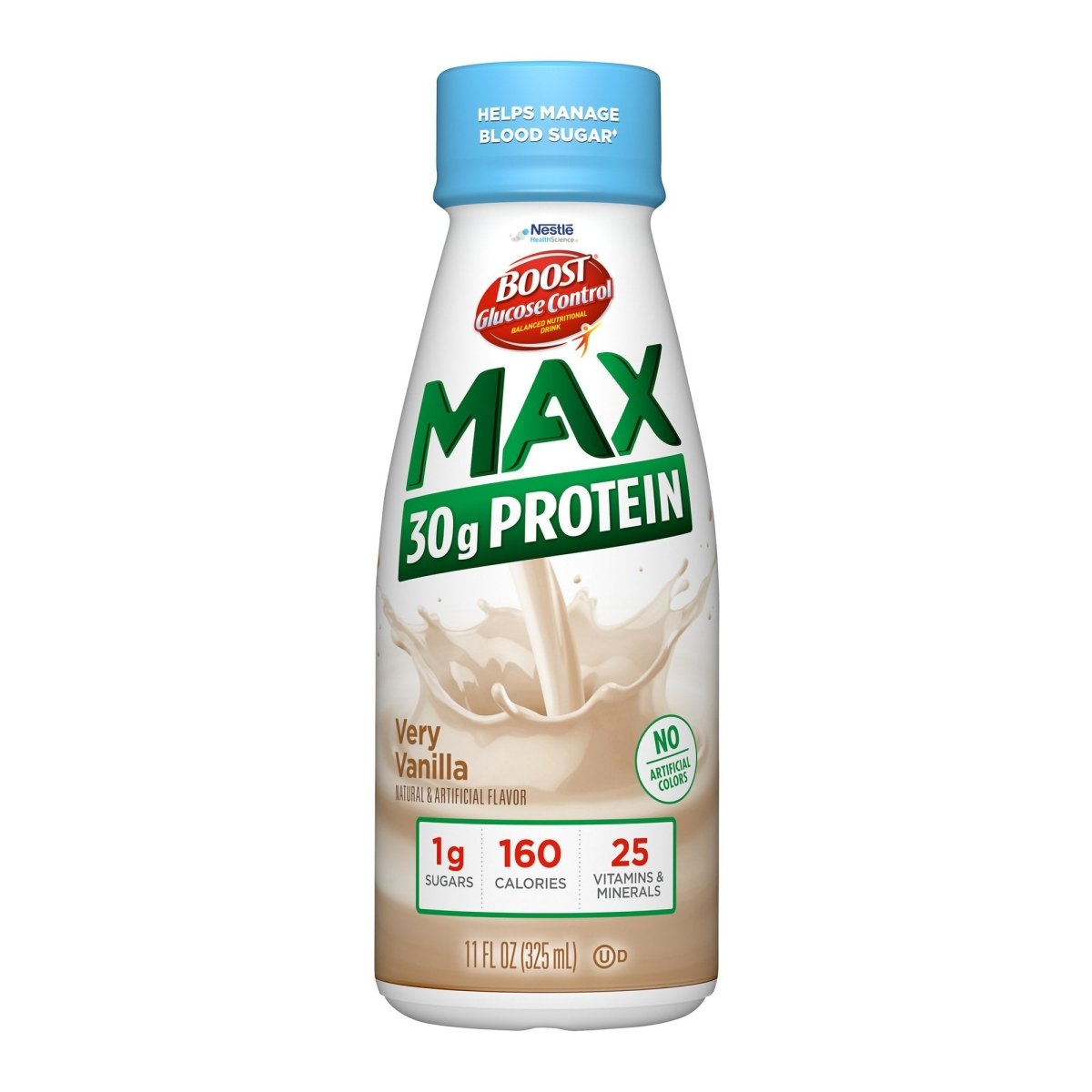Table of Contents
Some diseases are like slow poison, with little or no early warning signals. Diabetes mellitus is one such illness. There are almost 422 million people with diabetes globally, and another 25% of those people are unaware that they have the disease. Hence, you must first grasp its significance in the context of diet. Let's start by bringing your attention to the root causes of diabetes and the measures that can be taken to keep it under control.
First, What Is the Technical Definition of Diabetes?
The glucose (sugar) produced during digestion is our bodies' primary fuel source. Sugar is transported from the blood into the cells with the help of insulin, a hormone secreted by the pancreas. However, if insulin is insufficient or insulin resistance is present, glucose remains in circulation and raises blood sugar levels.
The three most common forms of diabetes are:
- The absence of insulin synthesis is a hallmark of Type 1 diabetes.
- Inefficient insulin utilization in the body causes type 2 diabetes. As opposed to type 1 diabetes, it may be possible to avoid this condition, says the World Health Organization.
- Hyperglycemia, or elevated blood sugar levels, above normal norms, characterizes gestational diabetes.
The Main Symptoms of Diabetes
- Excessive weight
- Failing to engage in sufficient physical activity
- Having a close relative with diabetes, such as a parent or sibling
- High blood pressure, low HDL (good cholesterol), or high triglycerides
Some of the Main Ways to Prevent Diabetes
Only three methods exist for avoiding or lessening the effects of diabetes. Although these steps may seem insignificant at first, a person with the condition in question will benefit greatly from doing them consistently over the course of several months or even years. Consequently, these are the best options for avoiding or treating diabetes and pre-diabetes.
- Diet
- Medication
- Physical Activity
For the purposes of this discussion, let's ignore other factors such as age, gender, and the presence or absence of complications associated with diabetes and instead concentrate on nutrition and its importance in managing the disease.
Some Considerations When It Comes to a Diabetes Diet Plan
Depending on how it affects the body's ability to handle glucose, food can either contribute to or mitigate the development of diabetes.
- Consumption of processed foods, meals high in saturated fats or trans fats, and foods with added sugars and syrups can lead to a rapid increase in blood sugar levels and an increase in cholesterol levels, all of which people should try to avoid.
- As well as contributing to risk factors like obesity, eating processed foods and foods high in fat or sugar can alter the balance between glucose and insulin, leading to inflammation. Understanding what kinds of meals to avoid while you have diabetes is also crucial.
- Also important to monitor: is carb intake. Carbohydrates are an essential source of energy, but not all of them have the same impact on blood sugar. The glycemic index (GI) quantifies the extent to which a carbohydrate-containing diet causes an increase in blood sugar levels.
- Foods with a low glycemic index (GI) raise blood glucose levels gradually and prolong feelings of fullness. The opposite is true with high GI foods, which include those that create a rapid rise in blood sugar levels yet don't help you feel full for long.
- When it comes to diabetes, there is no one diet that works best. The most essential thing is to stick to a food plan that works for you in terms of your blood sugar, cholesterol, triglyceride, blood pressure levels, and weight.
- The diet for those with diabetes is very similar to the diet for anyone else. Eat sensibly to avoid gaining weight, and be sure to include
- Eat lots of low-glycemic index produce, including broccoli, mushrooms, green vegetables, apples, oranges, pears, watermelons, pineapples, guavas, etc. Bananas, grapes, and mangos should all be mitigated. Research what you can about diabetic-friendly fruits.
- Eat more fish, lean meat, beans, and legumes, and focus on whole grains instead of processed foods.
- Eat less ice cream, cake, and chips, and avoid all trans fats.
Conclusion
Indeed, it is evident that following a diabetes diet is essential for managing the disease. By eating the right foods, you can help keep your blood sugar levels under control and avoid the health complications resulting from it. The best way to figure out what foods to eat is to work with a registered dietitian who can create a personalized meal plan that fits your needs and preferences.
If you are looking for a great source of high-quality medical supplies online, including those for diabetes, look no further than our product selections here at Cart Health. We are here to make it easier for you to find the products you need at prices you can afford, providing custom-tailored product suggestions to help you live your life. Check out our “Shop All” section for a complete list of all our medical care products and their prices.












